This is part seven in the series “Arabs Say…” featuring Arabic speakers from around the Arab world who gives their views on their language and how it is used today. Of course, we should keep in mind that these are personal views and do not represent the views of everyone in their countries. Still, we can learn a lot about the overall linguistic situation and some commonalities and regional differences.
How proficient are you in Modern Standard Arabic (MSA)? What is difficult for you? Do you make any mistakes?
I wouldn't say my level in MSA is as good as my dialect, the one that I use everyday, but I can express myself and converse in it as well, even though it'll be more difficult for me since I'd spend a little more time thinking of this or that word that needs to be said to perfectly pass on information. ِI really think it's the lack of using it everyday that makes all the difference. I believe language is a living thing. If you don't use it you lose it. As for sentence structure and all that, personally since I studied it at a young age, I think it's engraved in my brain.

I wouldn't say my level in MSA is as good as my dialect, the one that I use everyday, but I can express myself and converse in it as well, even though it'll be more difficult for me since I'd spend a little more time thinking of this or that word that needs to be said to perfectly pass on information. ِI really think it's the lack of using it everyday that makes all the difference. I believe language is a living thing. If you don't use it you lose it. As for sentence structure and all that, personally since I studied it at a young age, I think it's engraved in my brain.

I can express my self with access to all the vocabulary in Tunisian Arabic, but in Modern Standard Arabic, there some difficult vocabulary I can't understand, and most people don't have good pronunciation in MSA... while most people can speak French fluently but not accurately. For me, most of my mistakes in MSA are from grammar and syntax inaccuracy. The grammar is very difficult, and it requires large knowledge in grammar and syntax rules. Also, there are words from old Arabic poetry that most people cannot understand.
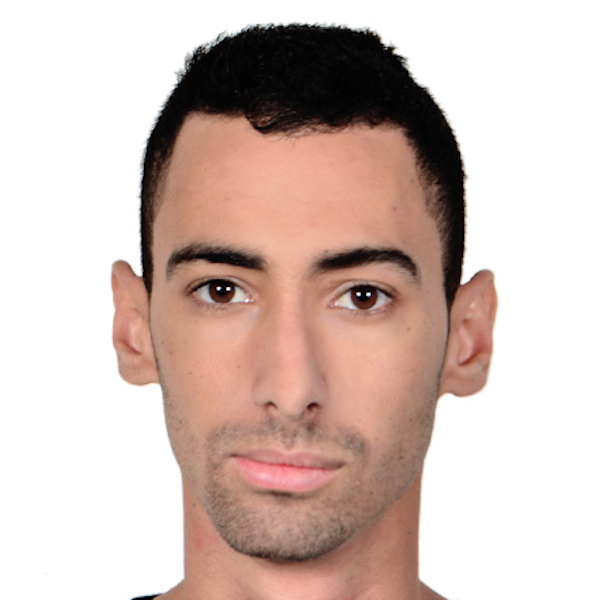
I can express my self with access to all the vocabulary in Tunisian Arabic, but in Modern Standard Arabic, there some difficult vocabulary I can't understand, and most people don't have good pronunciation in MSA... while most people can speak French fluently but not accurately. For me, most of my mistakes in MSA are from grammar and syntax inaccuracy. The grammar is very difficult, and it requires large knowledge in grammar and syntax rules. Also, there are words from old Arabic poetry that most people cannot understand.

I can express myself in both MSA and my dialect very well. Perhaps because my educational background included a lot of MSA and its many uses in literature and grammar. The only difficulty I find in MSA would be in pronouncing words and mixing between some letters that are similar in pronunciation. I also wouldn’t be able to express myself poetically in Arabic or use much of the MSA literature fluently and with ease.
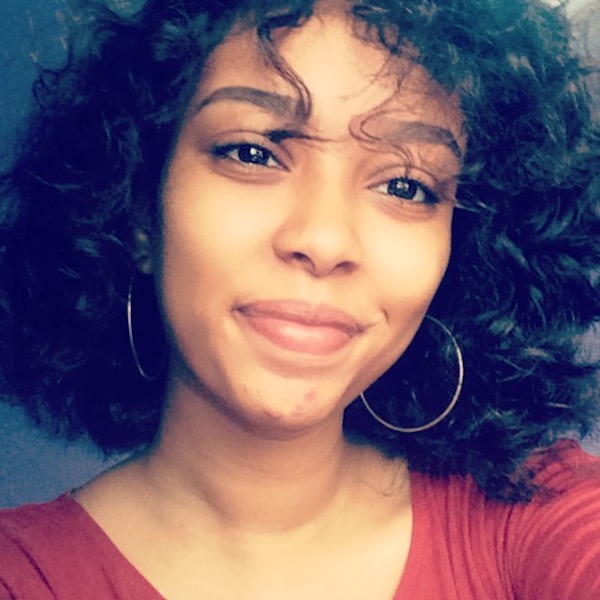
I can express myself in both MSA and my dialect very well. Perhaps because my educational background included a lot of MSA and its many uses in literature and grammar. The only difficulty I find in MSA would be in pronouncing words and mixing between some letters that are similar in pronunciation. I also wouldn’t be able to express myself poetically in Arabic or use much of the MSA literature fluently and with ease.

Some people find the grammar of Arabic hard. There are lots of grammar rules in Arabic that students, especially, find hard to deal with. For example, "الأعراب"*, which defines the role of the word in a sentence, is somehow hard for many students. It is not just knowing the role of the word but also which one of "علامات الاعراب" is the right choice. (*case markers)
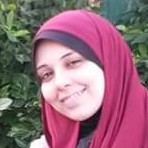
Some people find the grammar of Arabic hard. There are lots of grammar rules in Arabic that students, especially, find hard to deal with. For example, "الأعراب"*, which defines the role of the word in a sentence, is somehow hard for many students. It is not just knowing the role of the word but also which one of "علامات الاعراب" is the right choice. (*case markers)

I took a lot of special classes as a child for MSA, so that's why my MSA may be better than usual for an ordinary Egyptian, so you can consider this as a special case for me. For me personally, it's just the punctuation marks and how to use them well that is a difficulty. In general, because we pronounce some letters differently in Egyptian Arabic, many people make mistakes choosing the right letters when they sound similar. Some people can't pronounce some letters because they aren't used to pronouncing them in their childhood. And of course, they may make some grammar mistakes.

I took a lot of special classes as a child for MSA, so that's why my MSA may be better than usual for an ordinary Egyptian, so you can consider this as a special case for me. For me personally, it's just the punctuation marks and how to use them well that is a difficulty. In general, because we pronounce some letters differently in Egyptian Arabic, many people make mistakes choosing the right letters when they sound similar. Some people can't pronounce some letters because they aren't used to pronouncing them in their childhood. And of course, they may make some grammar mistakes.

I have mastered MSA. Luckily, I can use MSA perfectly to express myself the same as in my Palestinian dialect. I am excellent in writing, reading, speaking, and listening skills in MSA. MSA is a really great and rich language. It is rich in having great variety and limitless vocabulary in which there meanings change continuously depending on context, stress, intonation, and position in the sentence, too. Another difficult and unique side is GRAMMAR, too. It's really interesting and challenging!

I have mastered MSA. Luckily, I can use MSA perfectly to express myself the same as in my Palestinian dialect. I am excellent in writing, reading, speaking, and listening skills in MSA. MSA is a really great and rich language. It is rich in having great variety and limitless vocabulary in which there meanings change continuously depending on context, stress, intonation, and position in the sentence, too. Another difficult and unique side is GRAMMAR, too. It's really interesting and challenging!

Standard Arabic (الفصحى) is not very easy when it comes to grammar and spelling. There are many rules that are hard to memorize and understand–rules related to numbers, genders and many other stuff. We also have something called ( التشكيل)*, and that is hard, too. (*diacritics)
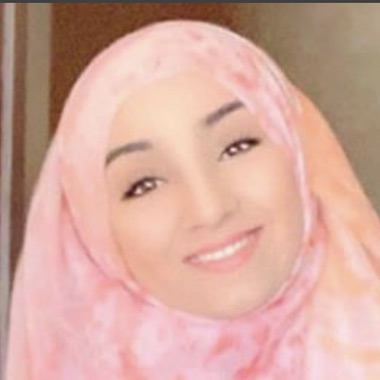
Standard Arabic (الفصحى) is not very easy when it comes to grammar and spelling. There are many rules that are hard to memorize and understand–rules related to numbers, genders and many other stuff. We also have something called ( التشكيل)*, and that is hard, too. (*diacritics)

I believe I can express myself equally well in both languages. Since only MSA is taught and used at schools in Lebanon, it is not difficult. However, I believe I make some grammatical errors especially in i'rab and tanween. Others usually make these same type of mistakes, in addition to mistakes in conjugating verbs that come after a feminine subject, feminine plural subject, or subject composed of two objects or two persons. Also, people make mistakes, such as confusing which suffix to use depending on the role of the words in a sentence, for example: فتاتان جميلتان or فتاتين جميلتين.

I believe I can express myself equally well in both languages. Since only MSA is taught and used at schools in Lebanon, it is not difficult. However, I believe I make some grammatical errors especially in i'rab and tanween. Others usually make these same type of mistakes, in addition to mistakes in conjugating verbs that come after a feminine subject, feminine plural subject, or subject composed of two objects or two persons. Also, people make mistakes, such as confusing which suffix to use depending on the role of the words in a sentence, for example: فتاتان جميلتان or فتاتين جميلتين.

I know the MSA (or "literary Arabic") well because I am an educated person and we learn Arabic in school and use it in our academic life. In addition, I have studied the Islamic law, and the sources of Islam are written in literary or classic Arabic, so we need to learn it perfectly to understand Islam and the Islamic law. Actually, in any language, as in Arabic, there are different levels [of proficiency]. I just find some difficulties when I want to use Arabic at a professional level, I mean, when I want to choose the strong and difficult words, and when I want to make a grammatically perfect sentence. Most of people make mistakes in grammar, as Arabic grammar is difficult.
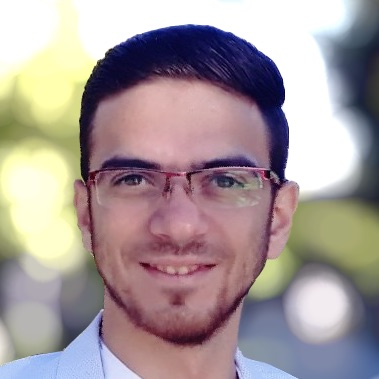
I know the MSA (or "literary Arabic") well because I am an educated person and we learn Arabic in school and use it in our academic life. In addition, I have studied the Islamic law, and the sources of Islam are written in literary or classic Arabic, so we need to learn it perfectly to understand Islam and the Islamic law. Actually, in any language, as in Arabic, there are different levels [of proficiency]. I just find some difficulties when I want to use Arabic at a professional level, I mean, when I want to choose the strong and difficult words, and when I want to make a grammatically perfect sentence. Most of people make mistakes in grammar, as Arabic grammar is difficult.

My MSA is perfect. My 12 years of school were all in MSA and even in university. So, it couldn't be better. And the dialect is the language I speak more than MSA but I'm perfect in both. I can express myself equally in both. But on second thought, I do make mistakes on the words that contain some similar letters, such as the letter of ظ and ض. This could be so confusing in many situations. I think that this is a common difficulty.

My MSA is perfect. My 12 years of school were all in MSA and even in university. So, it couldn't be better. And the dialect is the language I speak more than MSA but I'm perfect in both. I can express myself equally in both. But on second thought, I do make mistakes on the words that contain some similar letters, such as the letter of ظ and ض. This could be so confusing in many situations. I think that this is a common difficulty.

My MSA is good because we are taught in school to read and write in MSA, and all the books in school are in MSA. Also, we study literature. But conversations and interactions between students or between the teachers and students are only in the dialect. The most difficult part if MSA is the grammar. People have to study it for many years to be able to construct a grammatically correct complex sentences. People who usually study it are either interested in studying religion or becoming a poet.
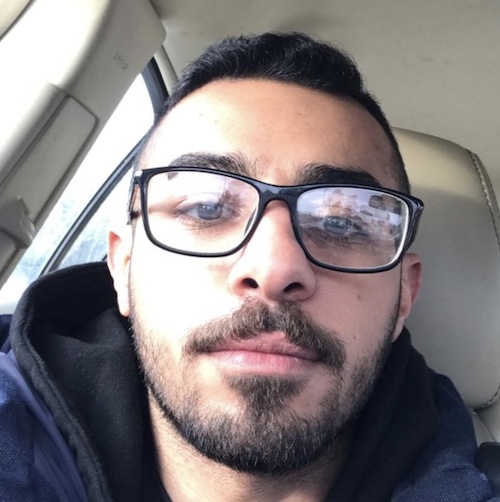
My MSA is good because we are taught in school to read and write in MSA, and all the books in school are in MSA. Also, we study literature. But conversations and interactions between students or between the teachers and students are only in the dialect. The most difficult part if MSA is the grammar. People have to study it for many years to be able to construct a grammatically correct complex sentences. People who usually study it are either interested in studying religion or becoming a poet.

It's easy for me to speak in MSA because I am used to it. However, when it comes to explaining the rules, grammar, I'm partially confused. Explaining rules is the hardest thing you'll face in the Arabic language, although foreigners don't have to learn them if they want to use it only for speaking or writing. Those are the deep studies. That was speaking about me personally. However, the most common mistakes any Arabic native speaker could make is mispronouncing letters. For example, in the English language, you have vowels that form the sound and the pronunciation of the word, but in Arabic, we have both primary vowels and secondary smaller vowels that give each letter its own vowel sound technically.

It's easy for me to speak in MSA because I am used to it. However, when it comes to explaining the rules, grammar, I'm partially confused. Explaining rules is the hardest thing you'll face in the Arabic language, although foreigners don't have to learn them if they want to use it only for speaking or writing. Those are the deep studies. That was speaking about me personally. However, the most common mistakes any Arabic native speaker could make is mispronouncing letters. For example, in the English language, you have vowels that form the sound and the pronunciation of the word, but in Arabic, we have both primary vowels and secondary smaller vowels that give each letter its own vowel sound technically.


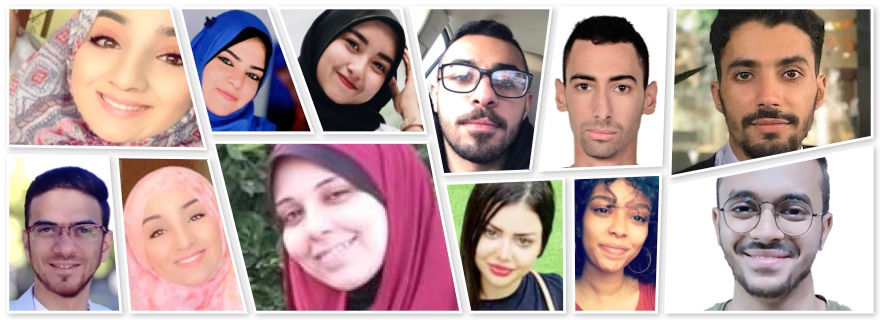
These are great as usual! It’s always interesting to hear the perspectives of heritage speakers.
I’m curious what native speakers think is the best route for someone who wants to learn Arabic… should a non-native who studies the language learn MSA first, or a dialect? Should they be exposed to dialect(s) at the same time as MSA, or wait until their foundation in MSA is solid before exploring dialects?
You will get so many answers to this question.
But the first thing I always ask is what are YOU looking for? If you are just going for a short vacation to a particular Arabic country… Do that dialect. If you want to learn the language well over time and don’t know where you will go and don’t have Arabic speaking friends yet… Do the MSA first and maybe introduce a bit of exposure to dialect as you go along. At the point you have a need for dialect… You start to make friends… You have a goal to go to a particular country… Start to study that dialect. You will need it. But you also need the MSA if you want to read and watch some kinds of media. They are complementary and you will end up learning both if you are in for the long term. If you would be going to an Arabic speaking country to study in an institute, learn both simultaneously as you will be out in the street and meeting people. If you are a heritage speaker trying to talk to your family do that dialect, but when you have time and energy add MSA to become more well rounded. Reading can help acquire vocabulary and the transfer between dialect and MSA is not too bad… Especially for more educated sort of discussions. It is the daily life words that tend to be different. So analyse your needs and see which way you want to go. Again, ultimately you want both.
I learned MSA and Quranic in Budapest during my university years 30 years ago, and I loved Arabic so much that I still remember most of the grammar: I’ve forgotten most of the vocabulary, but I still remember grammar, interestingly. I’ve recently started to revive my Arabic knowledge, and I gave a try to Egyptian Colloquial Arabic (ECA) for the sake of variety, and oh my God, Friends, the grammar is at least as complex as MSA if not more complex: phonetic rules (elisions, lengthening) are insanely complex vs MSA, bi-verbs more verb patterns (measures/stems). For a native Arab speaker, of course, MSA grammar is a lot more complex, but for a non-native, colloquial is at least as complex, and because of lack of ECA standards, the situation is even more difficult. The only area where MSA is more complex is dual in verb conjugations, and feminine plurals, that’s all. In my opinion and my experience is that MSA is not more complex than ECA, on the contrary. It’s a lot easier to learn MSA because of the abundance of excellent resources. Just think of the brilliant Hans Wehr Dictionary as an example, or the 15 Lingualism MSA Readers.